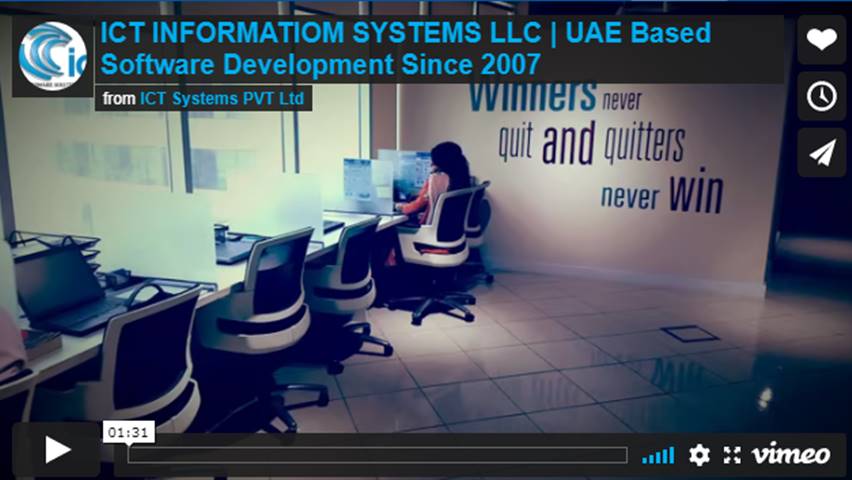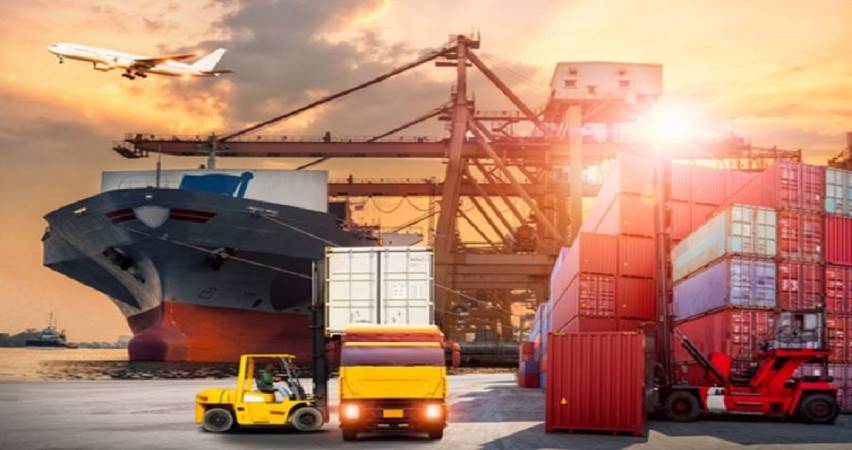Introduction:
Navigating international shipping and logistics exports requires a keen understanding of crucial elements to ensure a seamless process and cost-effective results. The intricacies of these aspects can greatly impact your business’s bottom line. Here are four essential factors to consider while shipping goods internationally.
Comprehensive Cost Assessment:
When it comes to international shipping, a thorough grasp of the landing cost is imperative. This includes a meticulous breakdown of charges encompassing shipping fees, taxes, duties, insurance, and other components. Clarity regarding the responsibility for bearing these costs is crucial. For instance, certain shipping companies might establish a base shipping charge, with potential additional fees based on your goods’ value. Equally important is understanding factors like proof of delivery charges and how tracking details are communicated, which all play into selecting the right carrier.
Trade Agreements and Regulations:
Successful international shipping hinges on understanding the import and export regulations specific to each region. Different countries may have restrictions on items eligible for shipment. Awareness of such regulations can prevent unnecessary expenses due to rejected shipments. For instance, the recent restriction on wheat exports in India or Australia’s prohibitions on items like medicines and plastic kitchen utensils highlights the importance of being well-versed in country-specific restrictions. This knowledge not only saves on transportation costs but also ensures compliance with the law.
Precise Customs Documentation:
International shipments demand meticulous customs documentation to facilitate smooth deliveries. Unlike local shipping practices, where detailed package content might not be mandatory, international shipments require explicit labeling of contents—such as specifying “headphones” instead of a generic term like “electronic goods.” Furthermore, clearly outlining the product’s intended use (consumption, resale, manufacturing, etc.), origin country, value, and the correct Harmonized System Nomenclature (HSN) Code are vital for hassle-free customs clearance. Ensuring accuracy in these details prevents unnecessary delays and complications.
Optimized Size and Timely Planning:
Package dimensions and weight are pivotal factors determining shipping costs. International logistics rates can fluctuate, potentially impacting your budget. Planning shipments well in advance allows for cost optimization and efficient logistics management. By aligning shipments with favorable logistics rates and pre-planning, you can mitigate the impact of rate fluctuations and manage your logistics expenses effectively.
Conclusion:
At ICT Systems Pvt Ltd, we understand the intricacies of international shipping and logistics. As a leading logistics service provider in the Kongo region—encompassing Coimbatore, Tirupur, Karur, Erode, Salem, and Pollachi—we specialize in tailoring carrier and shipment solutions to your unique business requirements. Our expertise ensures that your imports and exports are seamlessly managed, saving you both time and resources. Trust ICT PK for a strategic approach to international shipping and logistics that aligns with your business goals.










































